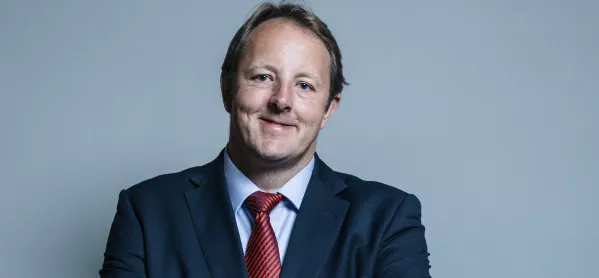It is “very unlikely” that the Labour Party would scrap T levels if it came to power, the shadow apprenticeships and lifelong learning minister has said.
In a Westminster Education Forum event on the implementation of T levels, Toby Perkins said T levels would possibly not look exactly as they do now, but it was “very unlikely” a Labour government would want to scrap them completely and start with something new.
“Obviously, looking forward to a future Labour Party manifesto and general election, maybe two to three years down the line from here, I think it’s very unlikely that the approach that a future Labour government would take would be to scrap the thing that’s just been created,” he said.
News: T-level recruitment targets for digital ‘unrealistic’
Delivering T levels: Five things you need to know
Meet Toby Perkins: The shadow apprenticeships minister
“I think there is a recognition there is a need for a vocational qualification that has parity or is seen as having equal value to A levels. We’ve been talking about that for 10 years or more.
T levels ‘wouldn’t look exactly the same’
“While the qualification, I suspect, will end up not looking exactly like those right now, the idea that what we will do is that a Labour government would want to scrap T levels and start with something entirely new, I think is very unlikely.”
T levels in education and childcare, construction and digital launched in providers in England in September 2020.
Originally, 50 providers signed up to deliver the courses, but six delayed delivery due to the coronavirus pandemic. Concerns have been raised widely around the viability of T-level work placements - a key part of the qualification - due to the impact that Covid has had on businesses.
Patrick Craven, director of assessment policy, research and compliance at City and Guilds Group, said it was important the government stuck with T levels as a concept, while allowing the suite of qualifications to evolve.
“We need to stick with T levels as a concept and as a title but evolve it so it doesn’t become subject to political churn or ministerial churn,” he said. “It has to be something that you stick with, and we allow it to evolve and to progress as we figure out the things that need to change.”
